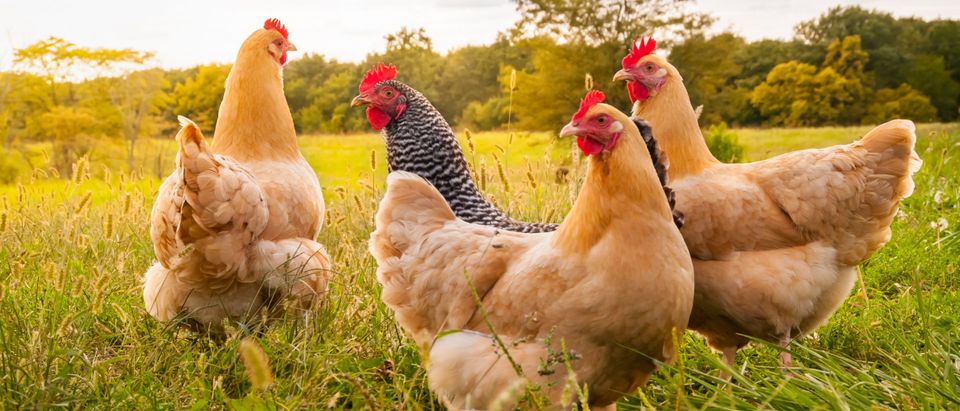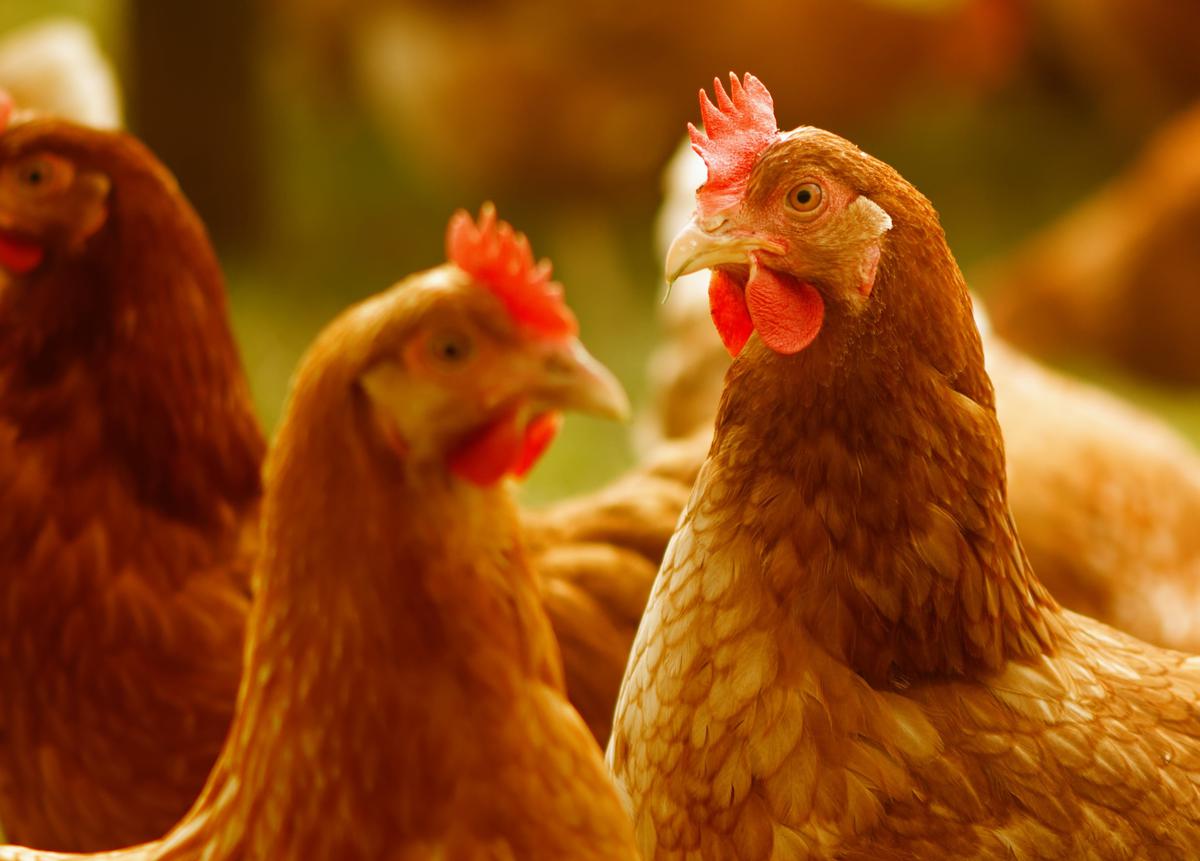Lab-Grown Meat: A Breakthrough in Reducing Carbon Emissions in the Food Industry
Lab-grown meat, also known as cell-cultivated meat, is an innovative approach to producing meat for human consumption. It involves growing meat from animal cells in a laboratory rather than raising and slaughtering animals. This emerging technology has gained significant attention worldwide as a potential solution to various challenges associated with traditional meat production, including environmental impact.
A recent milestone was achieved in the United States, as two California-based companies, Good Meat and Upside Foods, received government approval to produce and sell cell-cultivated chicken. This development has been widely celebrated by stakeholders in the field, as it represents a significant step forward in reducing carbon emissions associated with the food industry on a global scale.
The concept of cell-cultivated chicken refers to chicken meat that is grown from cultured animal cells, bypassing the need for conventional animal farming practices. By cultivating meat in a controlled lab environment, these companies can potentially mitigate the environmental footprint of traditional animal agriculture. This approach has the potential to reduce greenhouse gas emissions, land and water usage, and the reliance on antibiotics and hormones typically associated with industrial farming.
The U.S. government’s approval of Good Meat and Upside Foods to produce and sell cell-cultivated chicken marks a significant regulatory milestone. It showcases the recognition of this innovative technology and its potential to transform the future of food production. With this approval, the companies can now focus on scaling up their production and bringing lab-grown chicken to the market, offering consumers an alternative that aligns with their environmental and ethical concerns.

Lab-grown meat has been gaining traction globally, with numerous companies from around the world actively involved in its development. A 2021 report estimated that there were 107 companies in 24 countries, including two from India, working on lab-grown meat technologies. This growing interest highlights the potential of this field and its ability to revolutionize the way we produce and consume meat.
While there are still challenges to overcome, such as scaling up production and achieving cost competitiveness with traditional meat, the recent approval in the United States represents a significant leap forward for the lab-grown meat industry. It serves as a testament to the potential of this technology to address pressing environmental concerns and pave the way for a more sustainable and ethical food system.
In conclusion, lab-grown meat, also known as cell-cultivated meat, is a promising innovation that offers an alternative approach to traditional meat production. The recent approval of Good Meat and Upside Foods by the U.S. government to produce and sell cell-cultivated chicken marks a significant milestone in the field. This breakthrough has the potential to reduce carbon emissions and transform the food industry’s environmental impact on a global scale. As the development and adoption of lab-grown meat continue to progress, it holds the promise of a more sustainable and ethical future for food production.

